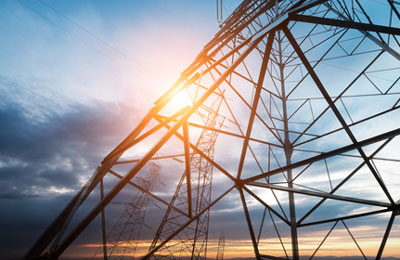
Iran's energy subsidies ‘delaying top projects’
Dubai, October 27, 2013
Cash handouts on fuel introduced by Iran's previous government to offset price hikes are depriving state energy companies of funds needed to develop vital projects, a leading member of parliament was reported as saying.
In December 2010, Mahmoud Ahmadinejad's government slashed subsidies, which made Iran's vehicle fuel prices the second lowest behind Venezuela's, and transferred some of the revenue raised back to householders as cash.
The subsidy cuts were successful in rationalising fuel use and reducing waste. But the cash-back system designed to soften the blow has evolved into broader support for Iranians to cope with soaring inflation provoked by tightening western sanctions, according to a study by the International Institute for Sustainable Development.
Jafar Qaderi, a senior member of the Iranian parliament's budgetary committee, was quoted as saying the cash handouts were draining resources from the National Iranian Gas Company (NIGC) and National Iranian Oil Refining and Distribution Company (NIORDC), preventing them from building much-needed infrastructure.
"As long as the net costs are not paid to holding companies, they will not be able to implement their development projects," Qaderi was quoted as saying by oil ministry news service Shana on Saturday.
Even after the sharp hike in prices, Iranian motorists still paid an average of just $0.33 a litre ($1.25 per gallon) in 2012, compared with a global average of $1.41 per litre, according to World Bank data.
The low price of fuel, combined with the scarcity of funding due to the cash handouts, means that fuel retailer NIORDC cannot cover its distribution costs and has resorted to selling bonds to raise funding, Shana reported.
"We have to move towards making the companies self-sufficient to finance their development projects," he said.
Iranian Oil Minister Bijan Zanganeh said in early October the government was preparing another increase in fuel prices to lighten the burden of subsidies on an economy severely damaged by Western sanctions.
Iran has delayed a second wave of reforms planned for mid-2012, partly out of concern that it could prove too painful, given that living standards have already fallen because of the sanctions.
But the sanctions, by cutting export revenue, have also increased financial pressures on the government to cut subsidies, which tend to push up Iran's fuel import costs. – Reuters







